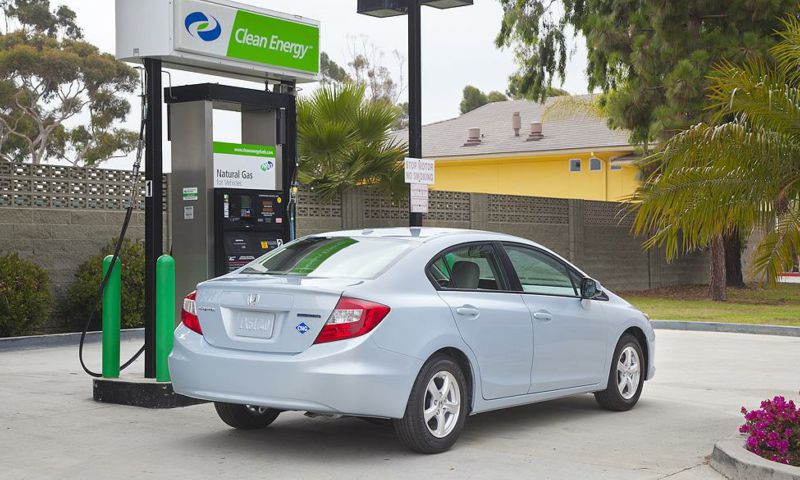Motorists can expect record fuel prices at the pumps this morning as the Ukrainian border crisis sends the cost of crude oil soaring.
The AA warned drivers it was ‘inevitable’ that the dispute with Russia would bring Ireland’s highest ever fuel prices, as crude oil has soared to above $90 a barrel for the first time in eight years.
Another two cent was slapped on the price of petrol and diesel at midnight pushing petrol to around 177c a litre. Fuel prices have already risen by 32% in the past year, costing families an extra €40 in fillups just as people start to return to work and the easing of Covid restrictions means traffic is almost back to pre-pandemic levels.
According to Michael Griffin, of the Irish Petrol Retailers Association, the situation in Ukraine where Russian troops have amassed on the border and seem poised to invade has given the market the "jitters".
"Some [filling stations] are on daily pricing, some twice weekly. So the people on daily pricing, their prices will go up from midnight," he said. "This crisis in the Ukraine is giving everyone the jitters. That’s the issue at the moment. The two-cent increase is because of this."
The tense situation on the Ukraine border has led to fears of problems with oil supplies from Russia, the world’s third-largest producer with 12% of the crude market. Oil has risen from $55-a-barrel in January 12 months ago to $90 now – a steep 63% increase.
At the start of the Covid crisis nearly two years ago crude oil sank to less than $13-a-barrel.
AA Ireland’s Paddy Comyn said the surging oil price meant it was "inevitable" petrol and diesel pump prices would hit new record prices.
"We’d reached a record in November and a barrel of oil wasn’t up near that high at that stage so we can expect we’ll see record prices. It is very worrying for everyone, but especially lower-income families in rural areas who are unsure whether they will be able to afford fuel for their cars, or even heat their homes.
"It adds further pressure on the average motorist and also adds pressure on the Government to do something about it because it’s coming in from all angles. People are also starting to come back to work because of changes to the Covid rules so this is going to be highlighted further because of those factors. We can expect a new record," said Mr Comyn.
The high pump prices will make more people look at switching to electric vehicles. But Mr Comyn added: "The movement to electric is fine if you’ve got the means. It’s not going to be for everyone because of the expense, but it certainly helps the government’s cause in moving people towards electric vehicles."
The cost of motoring in Ireland is ever-increasing and while there is a move to shift motorists into electric vehicles, it does appear to be at the expense of lower-income families and motorists. "Prices are only going to continue to rise until something is done. Changes need to be made, particularly in the area of taxation," he stated.
Taxes and duty on fuel should be "reviewed" to ease the price drivers pay, said Kevin McPartlan, head of Fuels for Ireland which represents petrol producers.
"The costs of diesel, petrol and kerosene are dictated by a number of factors. Crude oil is a globally traded commodity and, as such, we have very little scope to influence its value – and therefore the impact that has on retail prices of transport and heating fuels.
"At a time of high crude oil prices, it is more important than ever that the other elements that make up costs to consumers are managed judiciously. Government must urgently review the taxes, levies, duty and obligations on industry which lead to unnecessarily high fuel prices for Irish consumers and finally recognise that its policy of ratcheting up the prices of fuels does not reduce demand," he said.
Around two-thirds of the price motorists pay at the pump is tax, and it can take two weeks for any reductions to reach the pumps. A combination of factors has led to the increase in fuel prices globally. Oil production plummeted during the height of the pandemic worldwide and has still not entirely recovered.
Ireland is the 17th most expensive country in the world for fuel and we rank 12th in Europe. The most expensive countries include Hong Kong, the Netherlands, Israel, Norway, Finland, Denmark, Britain, Greece, Iceland and Sweden.








